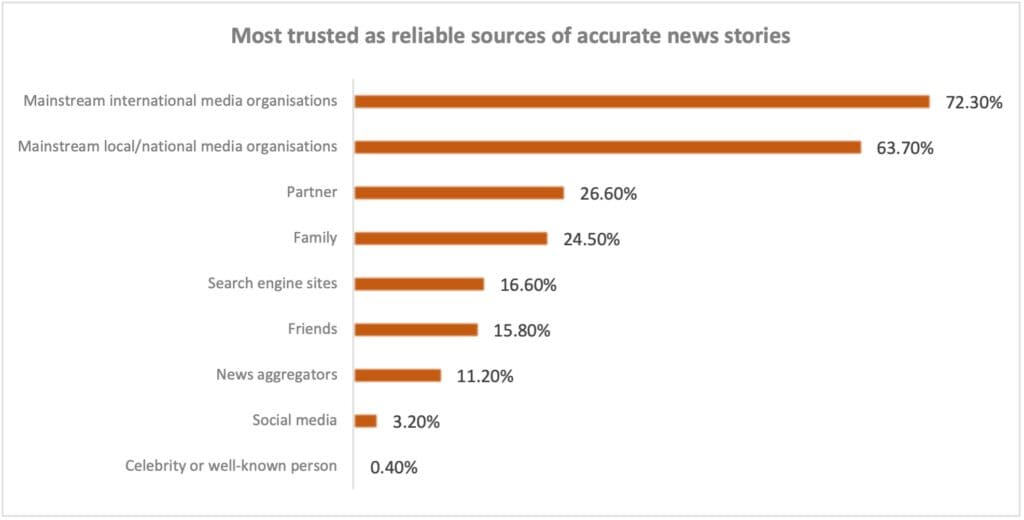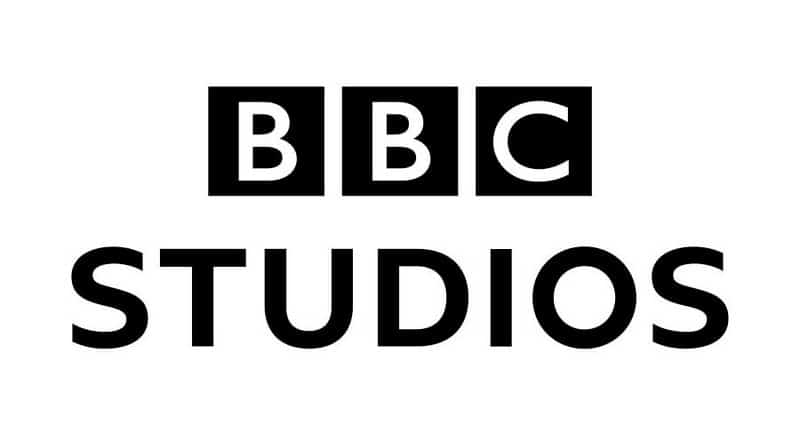Only 18% of Australians consider themselves to have never been fooled by AI-generated content or fake news, according to a survey by BBC Studios.
The survey explored Australians’ attitudes towards verifying news stories and the role of artificial intelligence (AI) in spreading misinformation.
It found 9% identified an instance of having been tricked by unreal content, while 73% said they could not determine whether they had been fooled by AI-generated content or fake news.
The survey also revealed that only 39% of respondents said they feel well-informed about how to spot fake news, and more than half (53%) said they do not think they could identify a news article created using AI.
Artificial Intelligence
The BBC Studios data found that Australians have mixed feelings toward AI’s impact on society with 37% believing that it has a positive impact on society and 43% considering the impact to be negative.
The majority (70%) agreed that AI amplifies the spread of misinformation in news, while almost two-thirds (64%) said they are not likely to trust news sources, which indicates that they use AI to generate stories.
News Verification
The BBC study found that Australians are being conscious of sharing unverified headlines and news stories on their own social and chat accounts, with 83% of Australians regularly use a secondary source to check news stories and breaking news unfamiliar to them
Trusted Sources
The survey found 72% of respondents in agreed that mainstream international media organisations are considered the most reliable source of accurate news stories.
Local and national media organisations also rated highly, whilst news aggregators (11%) and search engines (17%) were amongst those rated poorly as sources of accurate news. Less than 3.5% consider social media outlets to be reliable news sources and the least trusted is celebrities, with less than 0.5% considering them a reliable source.

Jamie Chambers, BBC Studios’ VP, Australia & New Zealand Ad Sales said the finding show a high level of concern about the spread of misinformation and role that new technologies play in the importance of verifying news stories.
“This feels even more significant in a year when half of the world’s voting age public could be partaking in elections and the role media & news publishers will play during these moments.
Chambers also noted that the research echoes prominent recent findings such as from the Edelman Trust Barometer that highlight the public’s concerns about rapid innovation, and in particular the impact AI may have on society.
“The role of media during elections, increased risk of AI and heightened need for unbiased, trusted journalism offers a great platform for the BBC to showcase its value to audiences. Against the coming wave of generative AI, the BBC provides audiences with accurate, impartial information to navigate the rise in disinformation and shows audiences exactly what we know and how we know it through BBC Verify,” she said.
“It’s equally important to be transparent about what we aren’t able to verify, so audiences have all the information they need. This transparency is a vital part of our relationship with audiences and is paramount for our commercial partners, who in turn will enjoy the value that a trusted, premium environment delivers for their advertising campaigns,” Chambers added.
